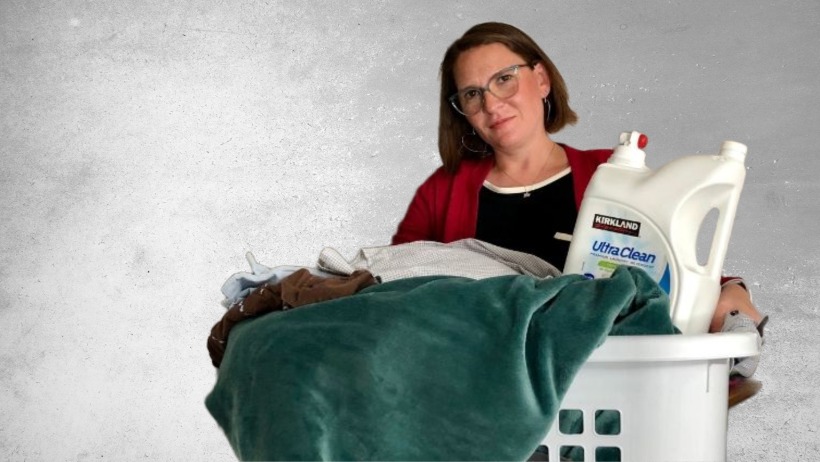Over the last number of years as I’ve worked on routines and strategies for keeping my life and my family’s lives in order, I’ve noticed a peculiar and often frustrating phenomenon. I’ll finish doing something like laundry – the entire act from washing, drying, folding and putting it away – only to notice that it’s still not done because someone has changed clothes or there was one lone sock left on the floor and now not clean. Or I’ll do the grocery shopping, making a meticulous list for each place I need to visit and each item to pick up, then get home and put the food away before realizing the one item I forgot. Chores never really end, but these situations enhance that feeling even more.

Beyond these trivial tasks of everyday life, there are bigger problems that remind me of this cycle too. Look how far we’ve come in pushing down Covid numbers, only to have monkeypox consume the news. The work in just about every field is never done.
We read Parshat Re’eh this week, as the Torah races to the finish line of its lessons. In our parshah we learn about the blessings and curses that will come with the observance (or lack thereof) of the mitzvot we’re given. We receive some final warnings about following the laws against idolatry, laws for keeping kosher, and the importance of treating each other as equals. Finally, we receive some more information on our three pilgrimage festivals.
The core of the laws given in Parshat Re’eh focus on taking care of one another. As we know, living in a community requires us to care for others, and knowing that need is ever present can be exhausting. Chapter 15, verse 11 states it outright: “For there will never cease to be needy ones in your land.” Knowing that this is overwhelming thought, the Babylonian Talmud, Tractate Pesachim 113a, teaches “better to flay carcasses in the marketplace than to depend on public assistance because you feel the available work is beneath your dignity.” In other words, each of us has an obligation to do our part to help ourselves as a way of lightening the never-ending load on the community.
Our communal structure needs to be built on the understanding that while we may dream of a time when there are no more needy, the reality is that there will always be a need. Instead of finding that notion overwhelming and wanting to quit, we’re reminded to set up assistance programs and strategies for support that lighten the load while encouraging growth and self-sufficiency.
The work will never be done, there will always be another load of laundry, another medical conundrum, or societal problem, but the way through it is to plan each and every day to finish that day’s portion so we can rest up and start again tomorrow.



